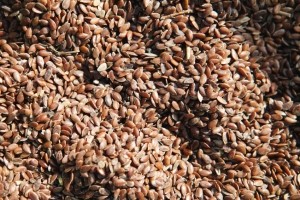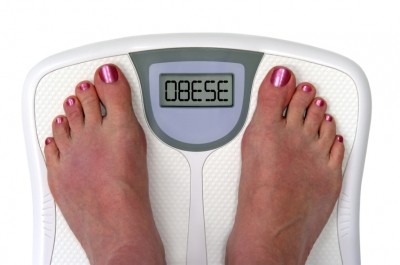Lactating women should restrict flaxseed intake: Researchers

Flaxseed (Linum usitatissimum L.) is the richest source of alpha-linolenic acid (ALA) and lignan secoisolariciresinol diglycoside and has been the focus of functional food research because of potential benefits to the cardiovascular system as well as for antioxidant activity and hypoglycaemic effects.
However this latest research from the State University of Rio de Janeiro in Brazil urged caution when consuming during pregnancy and lactation.
The animals with the flaxseed diet had a 10% higher body weight and food intake.
They also looked at the adrenal function in adult male offspring and concluded flaxseed intake during lactation could also have implications for breastfed infants.
“Nutritional imprinting factors could programme the offspring for hypercorticosteronaemia and perhaps for higher adrenal catecholamine secretion.
“Thus, during the critical period of lactation, it is advised that women restrict their intake of flaxseed to prevent future modification of adrenal function in their progeny,” they wrote in the British Journal of Nutrition.
At 180 days after birth, the flaxseed offspring had 47% higher serum levels of corticosterone steroid hormones and 23% lower levels of the stress hormones adrenal catecholamine, 30% lower glycogen, four times higher cholesterol and three times higher triglyceride content in the liver compared to control.
A 62% higher expression of protein 11b-HSD1 in the liver and suppression of certain pituitary proteins could be key mechanisms behind this, they said.
“Flaxseed was added to the diet because it is usually ingested by humans in their food as part of a healthy lifestyle to provide fibre and ALA, especially during pregnancy, when fibre intake might be increased from 25 to 28 g/d, according to the United States Food and Nutrition Board,” they said.
Sixteen lactating rats were given either a control diet with free access to a feed containing 17% protein, 52% carbohydrate, 7% lipid and 5% fibre or the experiment diet of flaxseed dams with free access to a feed containing 17% protein (12% casein and 5% flaxseed), 54% carbohydrate, 10% lipid exclusively from flaxseed and 5% fibre exclusively from flaxseed.
For women eating about 800 g of food per day this would represent about 200 g or nine spoonfuls of flaxseed per day.
The researchers said this was “easily reached” if a woman ate three spoonfuls with each main meal and would amount to about 20% of the 25 g/d recommended daily fibre intake for women.
Source: British Journal of Nutrition
Published online ahead of print, doi:10.1017/S0007114515002184
“Maternal flaxseed diet during lactation changes adrenal function in adult male rat offspring”
Authors: M. Sarto Figueiredo, E. Paula Santos da Conceição, E. de Oliveira, P. Cristina Lisboa and E. Gaspar de Moura
















